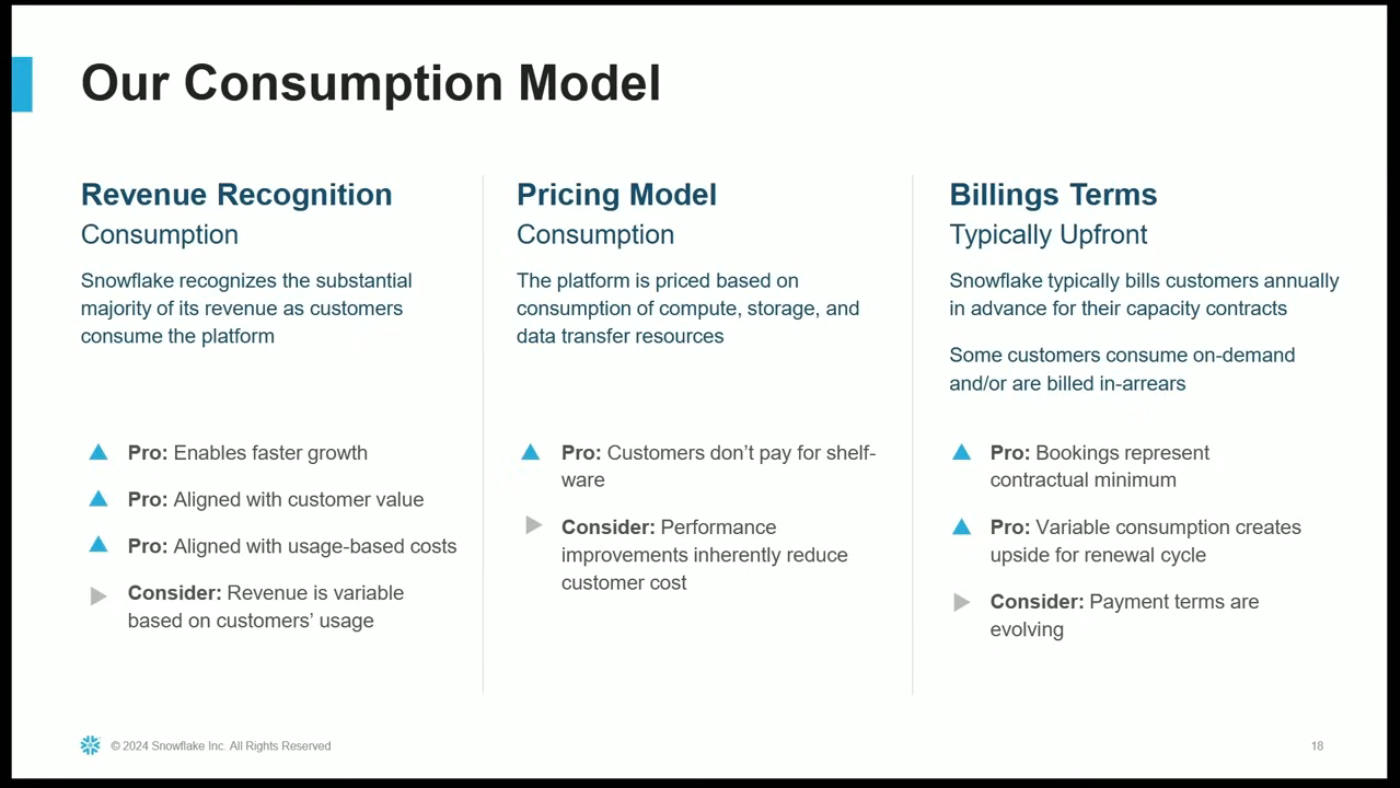Introduction to Snowflake: Past and Present
Snowflake is a company that has been making waves in the enterprise software market, and in this article, we will be discussing its current position, recent financial performance, and the challenges it faces in the rapidly evolving landscape of artificial intelligence (AI).
 Introduction to Snowflake and its position in the enterprise software market
Introduction to Snowflake and its position in the enterprise software market
As we delve into the world of Snowflake, it's essential to understand the company's history and how it has navigated the ever-changing technology landscape. Snowflake has been a prominent player in the enterprise software market, but its journey has not been without its challenges. In this article, we will explore the company's past, its current financial performance, and the strategic moves it has made to stay ahead in the game.
Enterprise Software Landscape
The enterprise software landscape is constantly evolving, and companies like Snowflake must adapt to stay competitive.
 The ever-changing enterprise software landscape and Snowflake's position in it
The ever-changing enterprise software landscape and Snowflake's position in it
One of the significant trends in the enterprise software market is the shift towards cloud-based solutions. Snowflake has been at the forefront of this trend, offering a cloud-based data warehousing platform that allows companies to store, manage, and analyze their data in a flexible and scalable manner. However, the rise of AI and machine learning has created new challenges and opportunities for Snowflake, and the company must navigate these changes to remain competitive.
Snowflake's Financial Performance
Snowflake's recent financial performance has been a mixed bag. On the one hand, the company has reported strong revenue growth, with a 29% year-over-year increase in product revenue.
 Snowflake's financial performance and the challenges it faces
Snowflake's financial performance and the challenges it faces
However, the company's profitability has been impacted by high operating expenses, particularly stock-based compensation. Snowflake has also taken on significant debt to finance its operations and make strategic acquisitions, such as the purchase of Datavolo. The company's cash flow statement reveals a complex picture, with significant investments in property and equipment, as well as a substantial increase in stock-based compensation.
Challenges and Strategic Moves
Snowflake faces several challenges in the current market. One of the significant challenges is the increasing competition from other cloud-based data warehousing platforms. Additionally, the company must navigate the complexities of AI and machine learning, which require significant investments in research and development.
 The challenges Snowflake faces and the strategic moves it has made
The challenges Snowflake faces and the strategic moves it has made
To address these challenges, Snowflake has made several strategic moves. The company has invested heavily in research and development, with a focus on AI and machine learning. Snowflake has also made strategic acquisitions, such as the purchase of Datavolo, to expand its offerings and improve its competitive position. Furthermore, the company has taken steps to manage its debt and improve its cash flow, including the issuance of convertible notes and the implementation of a stock repurchase program.
Valuation and Future Outlook
Snowflake's valuation is a complex topic, and the company's stock price has been volatile in recent months.
 Snowflake's valuation and future outlook
Snowflake's valuation and future outlook
To evaluate Snowflake's valuation, it's essential to consider the company's financial performance, its competitive position, and the trends in the enterprise software market. Snowflake's strong revenue growth and improving profitability are positive factors, but the company's high operating expenses and significant debt are concerns. Additionally, the increasing competition in the cloud-based data warehousing market and the complexities of AI and machine learning must be considered.
In conclusion, Snowflake is a company that operates in a rapidly evolving landscape, and its success will depend on its ability to adapt to changing trends and technologies. While the company faces significant challenges, it has made strategic moves to improve its competitive position and navigate the complexities of AI and machine learning. As we look to the future, it's essential to consider Snowflake's valuation and the trends in the enterprise software market to determine the company's potential for growth and success.
